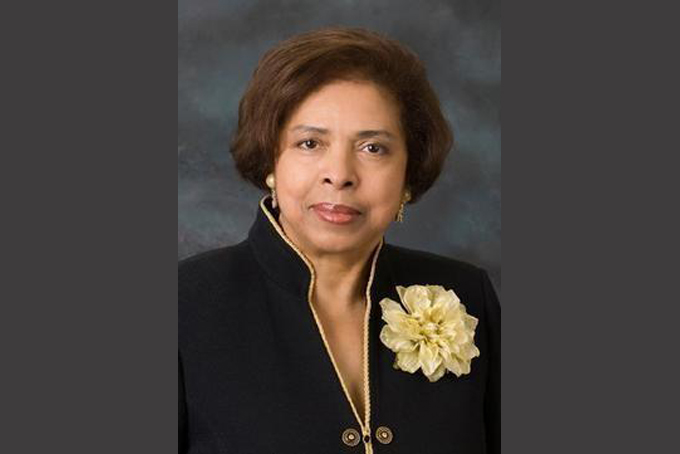
Washington, DC– I remember my first exposure to a dog whistle. It was an interesting little tool that was often used maliciously by the young boys in my neighborhood. On an otherwise tranquil afternoon when, as the old folks said, “Nothing was stirring”, it wasn’t unusual for the boys to choose that time to blow their dog whistles.
Unlike whistles you hear at athletic events, the only sound you heard from these dog whistles was a rush of air. Instantly, all of the dogs in the area would begin loud, raucous barking that was rarely tamed quickly.
The reason for the barking was the high-pitch sound emitted by the whistle that was inaudible to humans, but it greatly annoyed the dogs. While we took the whistle for granted, the dogs heard it very clearly.
Whether having seen the real dog whistle or not, most now understand the term to refer to a political pronouncement spoken with the impact of a double-entendre — having two meanings; one heard through the filter of one’s intellect and the other heard through the filter of one’s bias.
Recently the dog whistle of racism was blown again, but many either missed or ignored it. Republican Congressman Paul Ryan said in an interview with Bill Bennett, “We have got this tailspin of culture in our inner cities, in particular, of men not working and just generations of men not even thinking about working or learning the value and the culture of work.”
Immediately challenged for the racist nature of this comment by his congressional colleague, Congresswoman Barbara Lee, Ryan protested that he may have spoken inarticulately. While it’s impossible to evaluate anyone’s heartfelt intent, the impact of a statement leaves little to question. I do question Ryan’s explanation of speaking inarticulately since, later in the week, a surrogate spokesperson, George Will, justified the comment with his own spin on the cultural malaise in the Black community.
I have no need to engage in a lengthy diatribe about the message heard in Ryan’s statement. Anyone sensitive to its stereotypical implications or desiring to endorse his words understands that Ryan has leveled a broad and sweeping condemnation of the African American male, specifically, and the African American community generally. Intellectualize as he may, Ryan threw blood into the water inciting the sharks of racism.
I could attempt to refute Ryan’s statement with a discussion of the educational disparities, proximity to employers, the disparate impact of law enforcement and the resulting job disqualification, but those and a multitude of other elements have been discussed ad nauseum.
I would argue that while condemning the inner cities, in particular, Ryan has incorrectly drawn the boundaries of the chronically unemployed. This problem impacts EVERY community that is suffering from the neglect of those who make public policy and believe the poor to be expendable. To paint this as a problem of the inner city alone is as disingenuous as Ryan justifying his comment as inarticulate.
Again, his argument seems to support and reinforce his Ayn Rand-based justification of denying assistance to those he has determined to be undeserving.
In what may be his ultimate insult, his dog whistle of racist condemnation, whether by intent or result, is purposed to exploit the fear, insecurities and, yes, the racist beliefs of those who disregard the value of life other than their own and those they liken to it.
If Paul Ryan truly wants to gain insight into the culture of the African American community, I enthusiastically refer him to dialogue with Dr. Khalil Gibran Muhammad, Director of the Schomburg Center for Research in Black Culture. I encourage my readers to enhance their own understanding of OUR community by accessing Dr. Muhammad’s interview with Bill Moyers at:
https://billmoyers.com/episode/full-show-confronting-the-contradictions-of-america%e2%80%99s-past/
(Dr. E. Faye Williams is National Chair of the National Congress of Black Women,
www.nationalcongressbw.org. 202/678-6788)